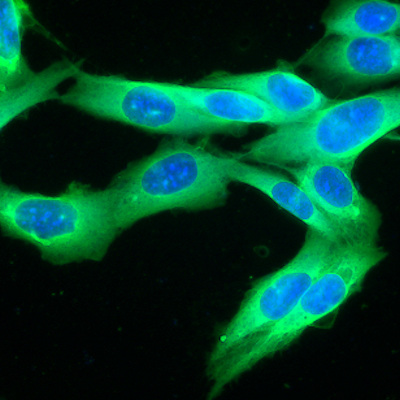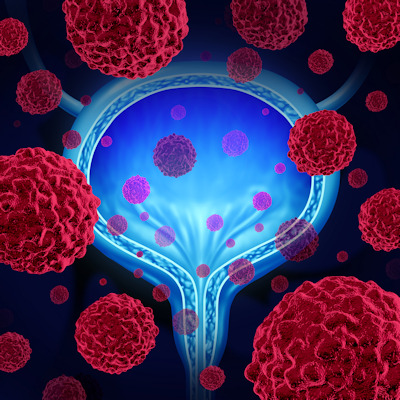October 6, 2022 -- An epigenetics drug currently used for treating blood cancers and rare sarcomas can also stop bladder cancer growth by activating the immune system, Northwestern Medicine scientists found.
The team discovered the drug tazemetostat, originally developed to treat lymphoma, activates the immune system and doesn't just inhibit the tumor. This is the mechanism that stops cancer growth (Science Advances, October 5, 2022). Furthermore, the scientists suspect the specific mutations that make the drug successful are found in almost 70% of bladder cancers.
The researchers looked at the EZH2 gene, which is commonly overexpressed in most solid tumors. When the gene was knocked out in mouse bladder cancers, the tumors were smaller and contained immune cells, which suggests the immune system is suppressed by EZH2. When the scientists used the commercially available drug tazemetostat to knock out the gene, they found more immune cells in the bladder. However, in mice with no T cells, the drug was ineffective, suggesting yes, the immune system is the primary pathway for the drug.
Tazemetostat not only primes the immune system, but it also activates CD4 helper cells that coordinate the immune response and recruits more T cells. In turn, that stops bladder cancer growth. The drug is well tolerated and could be added to other systemic therapies for bladder cancer. Tazemetostat is now being tested in a national clinical trial led by investigators at Northwestern for patients with late-stage bladder cancer.
Copyright © 2022 scienceboard.net









